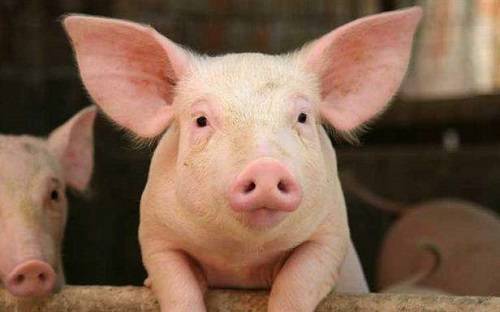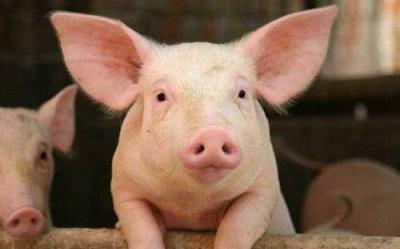When you hear the phrase "four pigs playing a video game," you might initially think it's a joke, but in reality, it's true. Researchers have taught four pigs how to play a simple video game using a joystick, and they found that the animals demonstrated advanced cognitive flexibility and behavioral adaptability while playing.
The study's author, (Candace Kroney), a professor at (Purdue University) and director of the Purdue Center for Animal Welfare Science, stated, "It's not easy for an animal to grasp the concept that its behavior affects something elsewhere. The ability of pigs to do this to a certain extent should give us pause regarding what else they can learn and how this learning may impact them." Notably, the study involved two Yorkshire pigs named Hamlet and Omelet, and two small Panepinto pigs named Ebony and Ivory. In the first phase of the study, each was trained to approach and handle a joystick with their snouts in front of a computer screen, and then they were taught how to play the video game, moving the cursor with the joystick towards four target walls on the screen. The researchers found that the pigs recognized that their movements were connected to the cursor on the screen because they performed the tasks well. The results of this study were published yesterday, February 11, in the journal Frontiers in Psychology.
Kroney remarked, "This type of study is important because, like any sentient being, we need to learn how to interact with pigs and that what we do to them affects and concerns them. Therefore, we have an ethical obligation to understand how pigs acquire information, what they are capable of learning and remembering, as this has implications for how they perceive their interactions with us and ultimately their environments."
It's worth noting that before this study, scientists were already aware that pigs could learn basic commands and more complex behaviors that required them to change direction as the rules of the game changed. However, in this new study, the pigs could not match the skill level of non-human primates or demonstrate full mastery, but the researchers said this could be partially explained by the design of the experiment, which was tailored for animals with visual orientation and manual skills, while pigs, of course, do not have thumbs. Additionally, they are known for having far-sightedness.
Dr. Sarah Boysen, a researcher known for her work studying chimpanzee cognition at Ohio State University, contributed to the authorship of this study. In fact, the researchers were unable to investigate another goal that could have allowed for more direct communication with pigs using a computer interface with symbols, as the study concluded before that could happen. Kroney added, "Informing management practices and improving pig welfare remains a primary goal, but in reality, it is secondary to appreciating the uniqueness of pigs beyond any utility we might derive from them."




